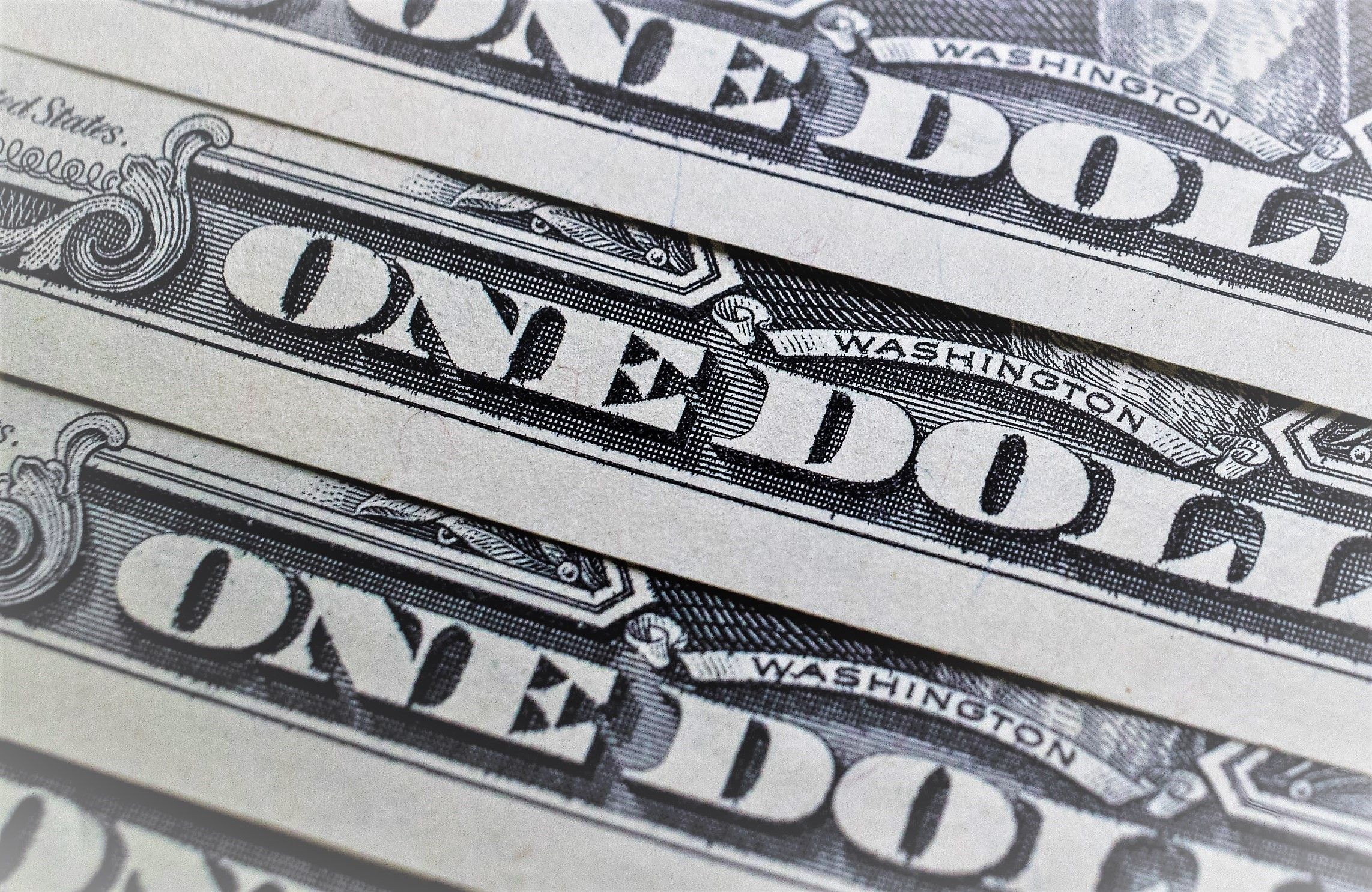
FX Publications Inc is a subsidiary of IG US Holdings, Inc (a company registered in Delaware under number 4456365). Registered Address: 251 Little Falls Drive, Wilmington, DE 19808. FXP is not responsible for any trading decisions taken by persons not intended to view this material. Any examples given are provided for illustrative purposes only and no representation is being made that any person will, or is likely to, achieve profits or losses similar to those examples. Consulta el tipo de cambio actual del dolar en Mexico, su precio de compra venta en bancos y gobierno mexicano ( SAT, DOF, BANXICO ). It is not a solicitation or a recommendation to trade derivatives contracts or securities and should not be construed or interpreted as financial advice. This information is made available for informational purposes only. Information presented by FXP should be construed as market commentary, merely observing economical, political and market conditions. residents or individuals domiciled in the U.S. Any and all information provided by FXP is not intended for use by U.S.

We recommend that you seek independent advice and ensure you fully understand the risks involved before trading.įX Publications Inc., abbreviated herein as FXP, (d.b.a DailyFX) is no longer a registered Introducing Broker with the Commodity Futures Trading Commission and is no longer a Member of the National Futures Association in the U.S.

We advise you to carefully consider whether trading is appropriate for you based on your personal circumstances. Argentinians have, of course, been hit much worse than any visitor.Leveraged trading in foreign currency or off-exchange products on margin carries significant risk and may not be suitable for all investors. The dual rate began after the government initiated a number of restrictions on currency exchange in an attempt to prop up the fledging peso and reduce capital flight (ie investors taking their fortunes out of the country). When a shopkeeper recognises you are a tourist, you are likely to be offered an upfront deal: “We accept dollars at 12 pesos”, or something similar. No, el precio pactado en la app es el que se va a respetar. Some will work to the blue rate, even though that is illegal, or they will come close to it. Puedo abrir una cuenta en una moneda diferente al dlar o sol. Many businesses, including hotels and restaurants, will accept US dollars. The Argentinian market, which experienced a complete economic meltdown in 2001/02, has quickly adapted. If you want to stick to using US dollars in your day-to-day transactions, that’s common too. Other tourists simply head to central shopping streets and respond to not-so-subtle calls of “Cambio! Cambio!” (exchange) the wise ones having checked the current rate first, so they can barter. So how do you track down the more favourable blue rate? Many foreign visitors set up a local contact who can make the change, or ask their hotel to recommend a “cueva” (literally meaning cave in reality, more like fully functioning businesses, accepting dollars, euros and pounds). Taking plenty of hard cash contradicts the usual advice to tourists travelling abroad, but many visitors to Argentina have been doing just that to take advantage of the black market rates.

In short, you can change your money at an official outlet for one price or you can go to an unofficial trader and get it changed at the “blue” rate – which will put many more pesos in your pocket. Since the country’s government introduced tough currency change restrictions on its people, a black market has emerged. This is the best price you’ll get if you are buying or selling physical bills, and the transaction is done with no involvement of any government-sanctioned or licensed entity (like a bank). This is the cost of buying and selling a physical dollar bill in a cueva, or clandestine financial house in Buenos Aires. Blue Dollar AKA Dólar Blue or Unofficial Dollar is parallel dollar rate of USD in Argentina.


 0 kommentar(er)
0 kommentar(er)
